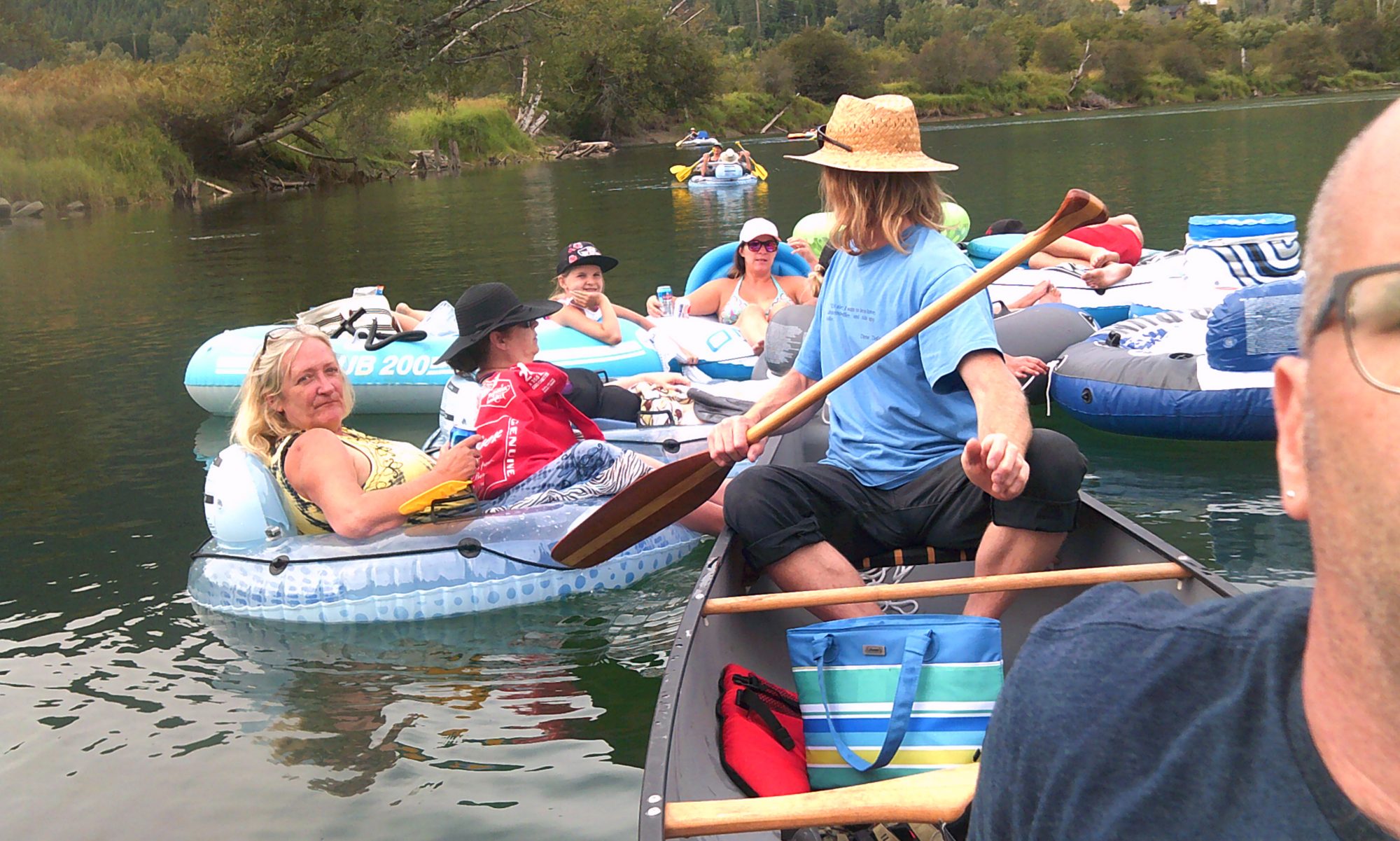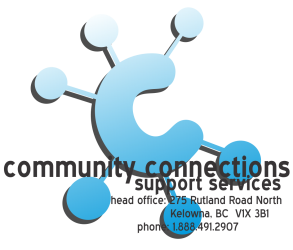Hey everyone, we’re focusing our posts on CAREGIVERS and resources for caregivers this month. We know that one of the challenges faced by many caregivers is…connecting with others for support as caregivers.
So…here is a great resource!
Family Caregivers of BC has ongoing support available for caregivers. According to their website, they provide “direct support to caregivers through one-on-one emotional support, caregiver support groups, health care system navigation, and free educational resources.”
- Access information, self-assessment resources, and help here
- Access their virtual caregiver support group here
- Connect through their newsletter by signing up here
- Find COVID-19 caregiver resources listed here
You can also call the BC Caregiver Support Line (toll-free: 1-877-520-3267) on Monday, Wednesday, and Friday from 8:30 am – 4:00 pm, and Tuesdays and Thursdays from 8:30 am – 7:00 pm.









